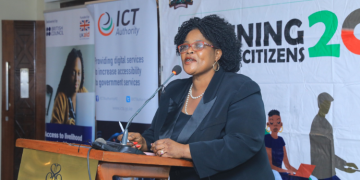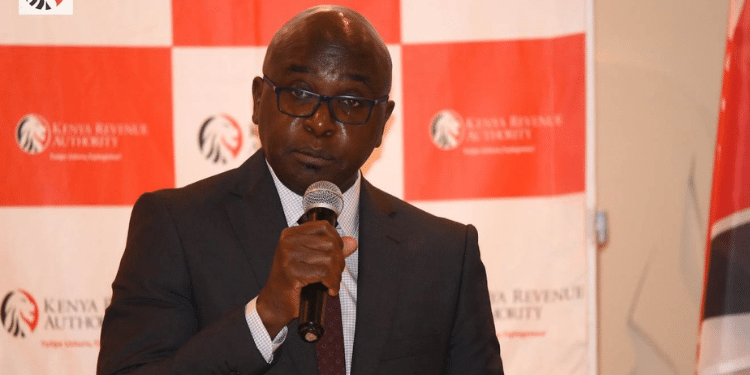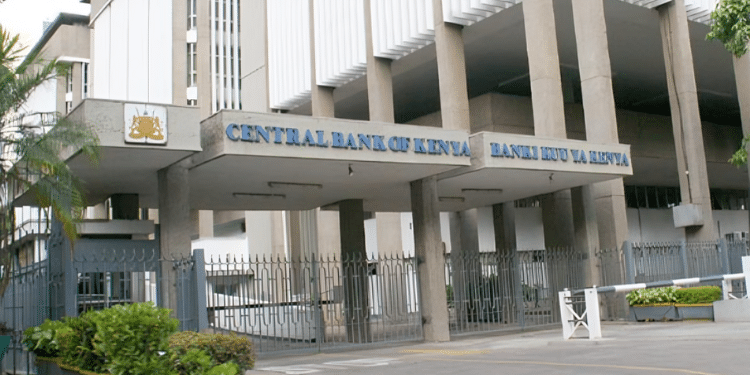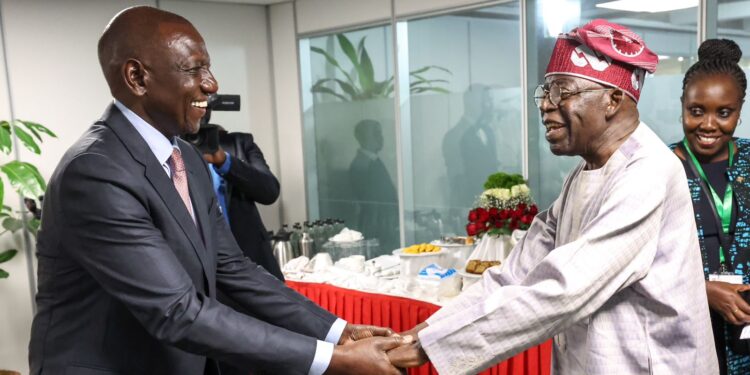Since June, Lagos, the boisterous, ever-awake, and often chaotic commercial hub of oil-rich Nigeria, has been low on fumes, literally and metaphorically.
Fuel prices have tripled, resulting in a sharp increase in transportation fares and compelling numerous employees to return to remote work.
On his maiden day in office, the recently elected President Bola Tinubu abruptly ordered the removal of a long-standing fuel subsidy that had kept the price of petrol low for decades in Africa’s largest economy.
He stated that the country could no longer sustain subsidizing petrol, which was incurring billions of dollars in costs annually.

As a result, thousands of private cars have vanished from the streets, leaving some of the iconic yellow buses, known for their signature exhaust fumes and representing the city’s relentless energy, sitting idle at depots.
Also Read: Kenya Vs Uganda: 5 Differences Between the Two East African Neighbours
The infamous, hour-long traffic snarl-ups have significantly diminished as well.
Despite its usual hustle and bustle, Africa’s most populous city is quieter, but this newfound tranquility does not bode well, this calm and serenity is a poisoned chalice.
Impacts of the Removal of Fuel Subsidy
Moreover, the President’s decision to lift the currency restrictions imposed by the previous regime, though widely lauded as appropriate by experts, has resulted in a depreciation of the local currency.
This double tragedy has triggered a severe economic downturn. Nowhere is this economic hardship more glaring than in Lagos, a bustling economic epicenter that frequently mirrors the broader national situation.
Most of the small and midsize enterprises have been forced to shut their doors, and certain low-income citizens residing in mainland suburbs, who typically commute to work in the business districts on Lagos Island, have discontinued their daily work routines.
As such, the current situation in Nigeria serves as a clear depiction that if you manipulate the price of a vital resource such as energy, there will be a cascading impact.
It illustrates the challenge of discontinuing a popular policy, even for leaders elected through widespread popular support.
Nigeria’s problems reflect the complex trade-offs that governments often face when implementing economic reforms.
While the reduction in traffic congestion might seem like a positive outcome, it is important to consider the broader economic and social impacts, especially on vulnerable populations.
Furthermore, cross-country learning and sharing of experiences can be valuable for nations seeking to address various challenges and improve their governance and policies.
Lessons for Kenya
Just like Nigeria, Kenya has her unique circumstances, and there are areas she can learn from Nigeria’s experiences.
We should examine Nigeria’s experience with economic reforms, such as subsidy removal and currency policy changes, to understand the potential pros and cons.
This may help in making informed decisions about our own economic policies.
Nigeria has made significant investments in infrastructure, including road networks and ports.
Also Read: eNaira: Nigeria’s Digital Currency has had a Slow Start, What’s Holding it Back
As such, Kenya should take note of this to inform her own plans for improving transportation and logistics.
We can learn from Nigeria’s experiences in managing these resources, including lessons on revenue management, transparency, and dealing with the challenges associated with the resource curse.

Also, it is worth noting that while there are areas where Kenya can learn from Nigeria, our country’s context may be unique, and solutions that work in Nigeria may not directly apply to us.
Therefore, learning or adaptation should consider the specific needs, challenges, and conditions of a country.
Inter-governmental collaboration and sharing of experiences contribute to the development and progress of nations, but it should be approached with careful consideration of local contexts and needs.
The Writer, Ooro George, is a Media and Culture Curator, ([email protected]).










































































